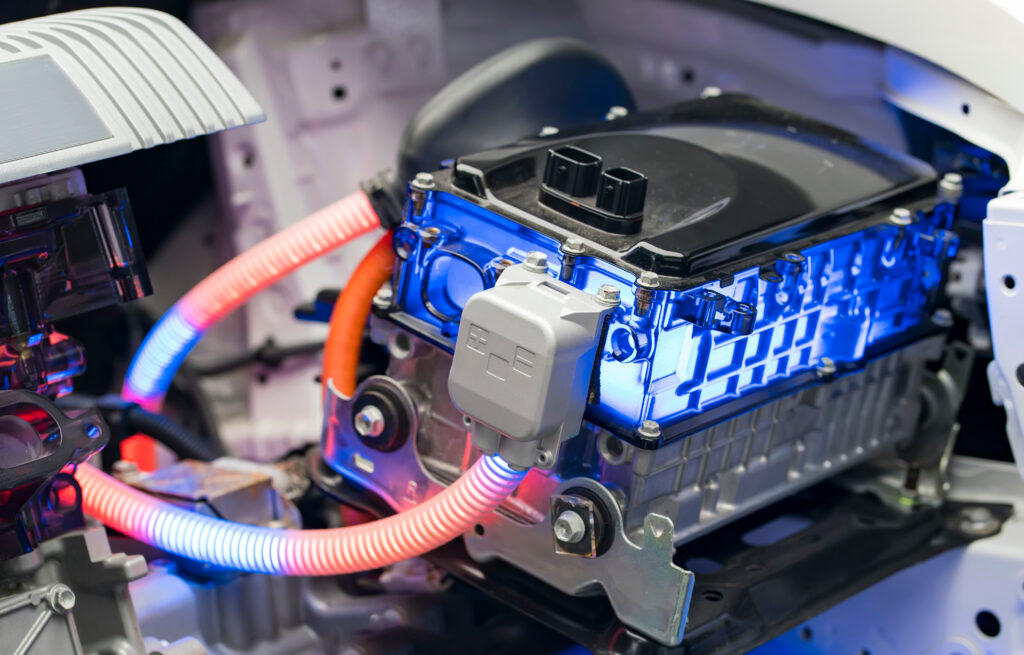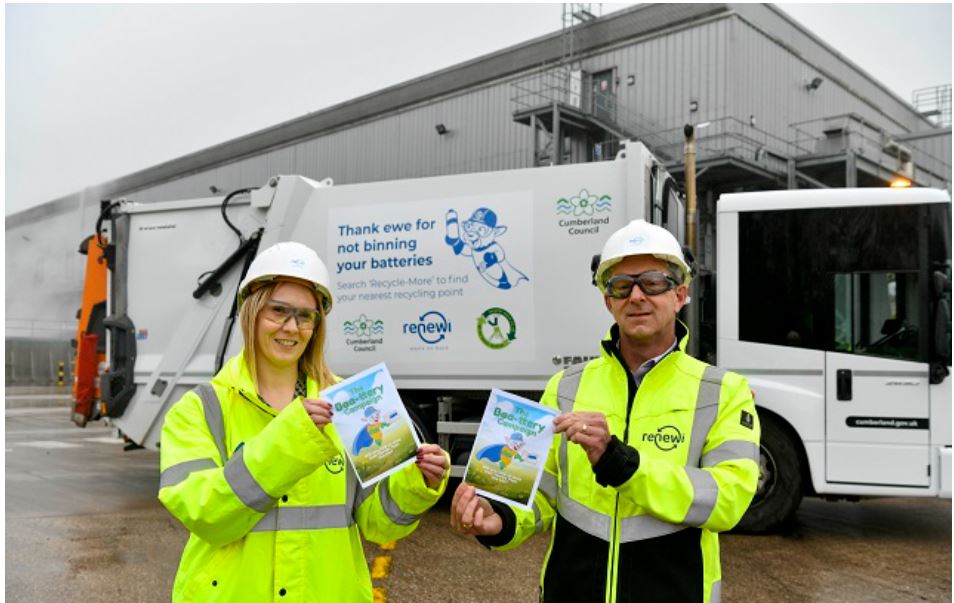The consultation was launched last week (18 August) and will run until 18 September 2023.
In the application, prepared by Wardell Armstrong on behalf of EMR, the proposed facility will be located on the Duddeston Mill Trading Estate, around 3km east of Birmingham city centre, and compose of two sections: A research facility and an electric vehicle battery recycling facility.
The non-technical summary states the proposed plant will treat up to 2,000 tonnes per year of non-hazardous waste and up to 250 vehicles a year. According to the non-technical summary of the plans, the site has been “designed and will be constructed to provide comprehensive environmental protection”.
According to the application, waste EV batteries at the plant will be manually dismantled into separate components. The battery modules are then shredded and the electrolyte is removed by heating at approximately 100C, before the components are sorted to separate out the black mass from non-hazardous waste.
Technology we develop now will help to create circular supply chains
- EMR
Purpose
A spokesperson from EMR said: “The automotive industry is being transformed by the development of new, high-performance electric vehicles and, as these vehicles eventually reach their end of life, it is vital that we find a sustainable and efficient way to recover and reuse these materials.”
The spokesperson continued: “We have applied for an environmental permit for an Electric Vehicle battery recycling and research facility in Birmingham. The site will accommodate two main elements – a research facility to assess how best to treat metals, batteries and vehicle components, as well as other wastes and an EV battery recycling facility.
“As more of the world’s infrastructure and transport network becomes reliant on renewable electricity, the EV battery recycling technology we develop now will help to create circular supply chains, safeguarding valuable resources – including lithium, cobalt, and nickel – that the future world will rely upon.”
Process
Following shredding the electrolyte will be driven off by gentle heating under vacuum conditions and collected in a condenser and stored in a sealed container. The air will then pass via a wet scrubber to remove particulates and a carbon filter to remove residual volatile organic compounds before emission to atmosphere.
The black mass is then stored in containers awaiting transfer to a third party for further refinement. The non-hazardous waste is sorted and stored along with the other non-hazardous waste stream pending recycling elsewhere.
The site will accept non-hazardous waste including EV batteries, though some components of the EV batteries will be hazardous waste once they are extracted from the batteries and bulked up for onwards recycling and processing.
Delivery vehicles will unload the waste within the yard area, and it will be immediately transferred inside the buildings, for storage and treatment, ensuring there are no emissions to ground or surface water.
Activities will take place inside a building with active air extraction above all shredders and granulators. Air is directed via a baghouse to prevent emissions of dust.
Research Facility
Other materials will be treated within the research facility. Treatment is undertaken within a building on impermeable pavement. Each waste type will be subject to a specific trial which has been outlined in advance, to set out the purpose of the trial, the exact treatment method, the inputs and the expected outputs.
Trials may include shredding/granulation and sorting of waste using one or a combination of sorting techniques.
EV battery recycling
As electric cars grow in popularity and governments begin to phase out petrol/diesel cars, the issue of electric vehicle battery recycling has been growing. With EV batteries lasting around 15-20 years on average, more recycling solutions are required to tackle this.
Global demand for batteries is set to increase hugely in the coming years, which has seen many companies try to bring recycling solutions to the market.










Subscribe for free